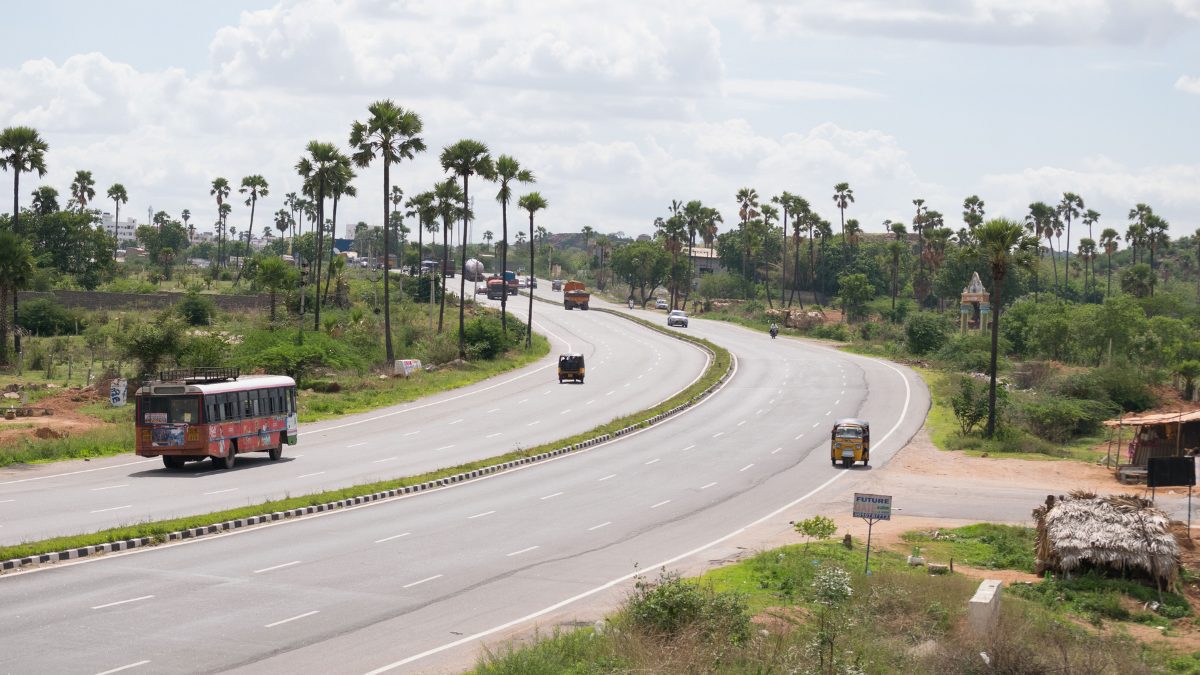A new analysis by Climate Central reveals a worrying trend in India – a dramatic increase in night-time temperatures due to climate change leading to Indians losing sleep frequently. This has significant public health implications, with cities like Delhi experiencing record-breaking nights that are simply too hot to sleep in.
Indians Losing Sleep Due To Climate Change

The study found that India has seen an additional 50 to 80 nights per year where temperatures exceed 25°C, impacting sleep patterns and exacerbating health problems. This rise in night-time temperatures is concerning because it prevents people from recovering from the daytime heat, leading to a cascade of health issues. Poor sleep due to hot nights is linked to higher risks of physical and mental health problems, cognitive decline, and even workplace accidents.
The analysis highlights that nighttime temperatures are rising faster than daytime temperatures, posing a serious health threat. Mortality risks are significantly heightened on hot nights, with a 50% increase in relative mortality risk compared to cooler nights. The study focused on cities with populations exceeding 100,000. Cities in the Himalayas like Gangtok and Darjeeling, known for their pleasant summer nights, have seen a significant rise in the number of nights exceeding 20°C.
Also Read: Hajj 2024: Death Toll Due To Heatwave Rises To 235 In Makkah; 4000+ Pilgrims Hospitalised In Saudi
Delhi Sets New Record

The situation is even more alarming in cities across West Bengal and Assam, where some areas have experienced an average of 80 to 86 additional hot nights per year. Recent records illustrate the severity of the problem. Delhi set a new record for the highest minimum temperature on June 19, reaching a scorching 35.2°C.
Experts attribute these extreme temperatures to climate change. Studies by World Weather Attribution and ClimaMeter suggest that climate change has significantly increased the likelihood and intensity of the current heatwave in India. The analysis by Climate Central also warns of the long-term health consequences, particularly for vulnerable populations like the elderly and those without access to air conditioning. The findings underscore the urgent need for climate resilience initiatives and ensuring equitable access to cooling solutions across India.
Also Read: Heatwave Effect: 100 Deaths & 40,000 Suspected Heatstroke Cases Reported In India This Summer
Climate experts warn that rising nighttime temperatures are further exacerbated by the urban heat island effect. Cities, with their dense concrete jungles, absorb and retain heat, making them significantly warmer than surrounding rural areas.
Cover Image Courtesy: Canva (Representative Image)
For more such snackable content, interesting discoveries and the latest updates on food, travel and experiences in your city, download the Curly Tales App. Download HERE. First Published: June 21, 2024 6:54 PM




